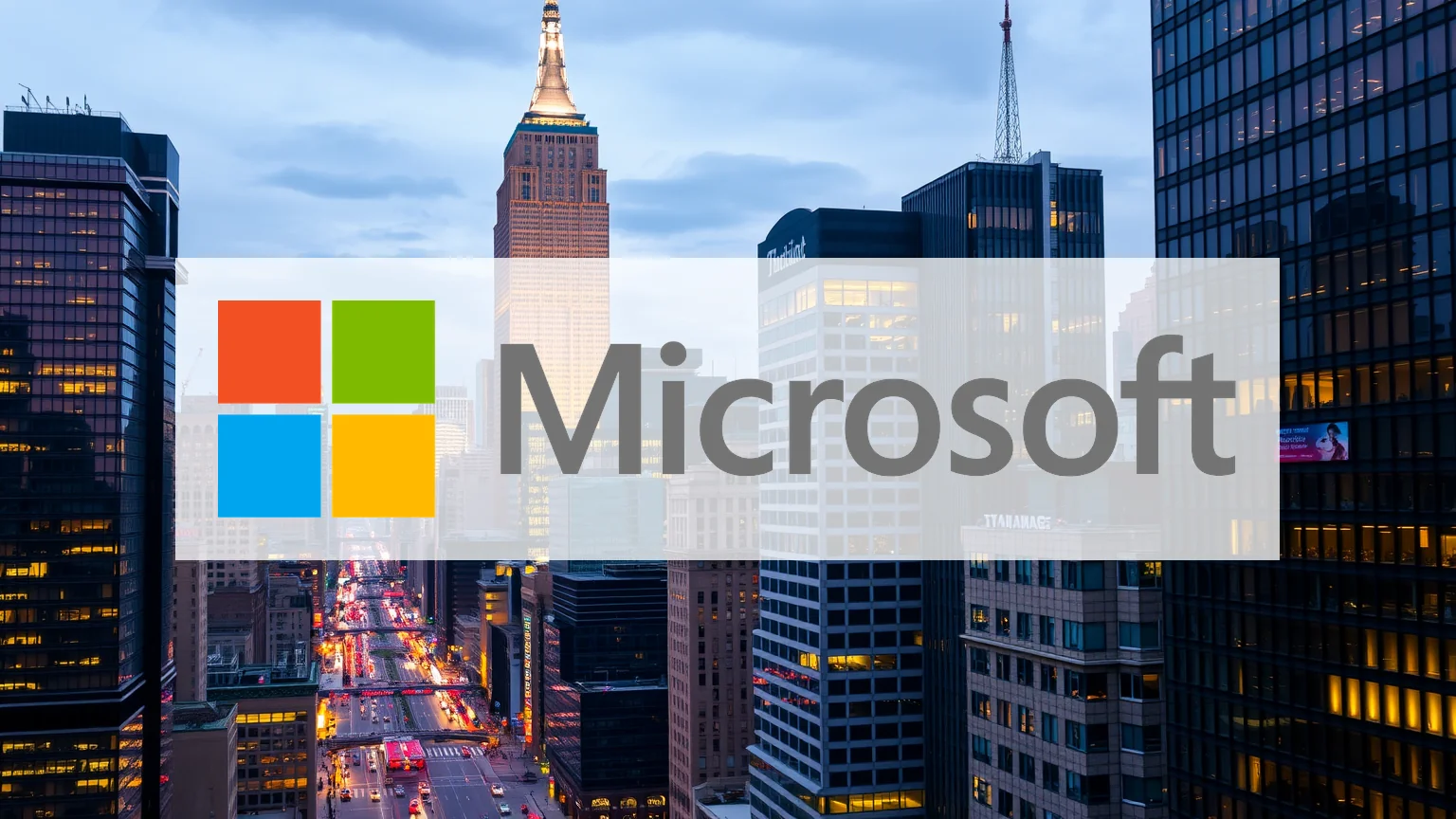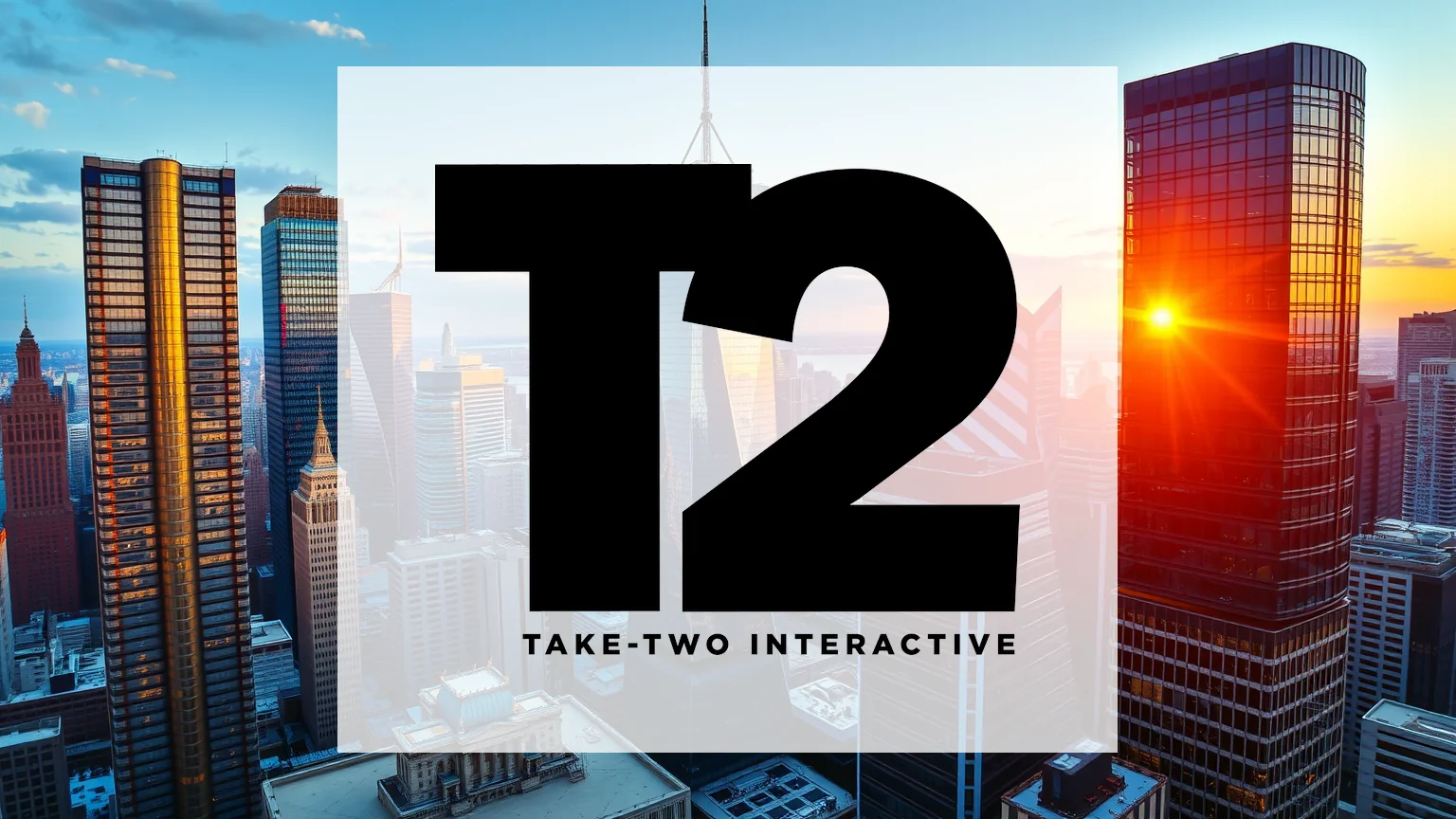In the global technology sector, two behemoths stand apart, each commanding trillion-dollar valuations that shape our digital landscape: Microsoft Corporation (MSFT) and Alphabet Inc. (GOOGL). What originated as a competition between operating systems and search engines has transformed into an intense battle for supremacy in cloud computing and artificial intelligence. For investors, the objective isn’t merely picking a winner—it requires a deep understanding of the distinct strategic directions these corporate giants are pursuing. Both companies are channeling tens of billions into AI infrastructure and embedding machine learning across their entire operations, making a thorough analysis of their respective strengths, performance metrics, and future outlook more critical than ever.
Financial Performance and Market Valuation
The financial power of both corporations is formidable, yet their valuation and performance metrics reveal subtle but significant distinctions. Microsoft demonstrates consistent, robust revenue growth driven primarily by its cloud division, while Alphabet showcases exceptional profitability stemming from its high-margin advertising operations.
Key Financial Metrics at a Glance
| Metric | Microsoft (MSFT) | Alphabet (GOOGL) |
|---|---|---|
| P/E Ratio (TTM) | ~37.37 | ~21.68 |
| Price/Sales Ratio (TTM) | ~13.74 | ~6.42 |
| Dividend Yield | ~0.65% | ~0.41% |
| Net Profit Margin (TTM) | ~36.14% | ~31.12% |
Alphabet’s lower P/E and price-to-sales ratios suggest a more attractive valuation relative to its earnings and revenue. Recent quarterly results from both firms revealed impressive expansion. Microsoft reported fourth-quarter revenue climbed 18% to $76.4 billion, while Alphabet countered with a 14% increase. Particularly noteworthy is the explosive growth in their cloud segments: Microsoft’s Intelligent Cloud reached $29.9 billion (a 26% gain), while Google Cloud surged 32% to $13.6 billion, highlighting the fierce competition in this crucial sector.
Recent Performance Comparison
| Time Period | Microsoft (MSFT) | Alphabet (GOOGL) |
|---|---|---|
| 1 Week | ~-0.05% | ~-1.25% |
| 1 Month | ~+4.91% | ~-0.04% |
| Year-to-Date | ~+18.11% | ~+6.73% |
| 1 Year | ~+21.68% | ~+20.97% |
Contrasting Business Models and Resilience
Although both operate within the technology sphere, Microsoft and Alphabet maintain fundamentally different business structures. Microsoft excels through diversification, distributing revenue across three primary segments. The “Productivity and Business Processes” division includes subscription revenue leaders Office 365, Dynamics 365, and LinkedIn. “Intelligent Cloud” is dominated by the rapidly expanding Azure platform. Finally, “More Personal Computing” completes the portfolio with Windows, Xbox, and Surface devices. This configuration generates stable, recurring income—particularly from enterprise clients—making the corporation less vulnerable to volatility in individual markets.
Alphabet’s wealth historically derives from its massive advertising empire, with the lion’s share of revenue originating from Google Services—encompassing Google Search, YouTube advertising, and Android. This advertising-centric model proved extraordinarily profitable during the digital marketing era but creates significant dependence on the ad market. To counter this, Alphabet is making substantial investments in Google Cloud, which has evolved into a major growth engine that directly challenges Microsoft Azure.
Both corporations are now overlaying their business models with a powerful new layer: artificial intelligence. Microsoft is deeply integrating its Copilot assistant throughout its software suite, while Alphabet is countering with its own AI models like Gemini, designed to revolutionize search while simultaneously powering cloud services.
Navigating Current Challenges and Opportunities
Recent developments highlight the dynamic and challenging environment both tech titans must navigate. Microsoft found itself in the spotlight for both technical and ethical reasons. The company released an emergency Windows update to address a critical bug that disabled system reset and recovery functions following the latest security patch. On the geopolitical front, Microsoft announced an independent review of how its cloud technology is being utilized by the Israeli military—a response to pressure from employees and activists following protests at its Redmond headquarters.
Alphabet experienced a post-market stock recovery in late July after CEO Sundar Pichai emphasized that AI features were actively generating more search queries. This point is crucial for investors concerned about AI monetization within its core business. Regulatory pressure remains an ongoing concern for Alphabet, whether regarding scrutiny of its advertising operations or Play Store practices. Most recently, Google paid a $30 million settlement over alleged violations of children’s privacy on YouTube. These developments reveal different challenges: Microsoft contends with operational and ethical questions, while Alphabet navigates a complex web of regulatory and competitive threats.
Future Trajectories and Strategic Investments
Looking forward, both corporations are placing enormous bets on the dual pillars of AI and cloud computing. Microsoft’s strategy heavily revolves around its partnership with OpenAI and enterprise adoption of its AI-powered Copilot assistant. The company is aggressively expanding Azure to manage massive AI workloads and position itself as an indispensable platform for businesses transitioning to AI. Planned capital expenditures of approximately $80 billion for 2025 underscore this commitment to expanding AI-capable data center infrastructure.
Alphabet leverages its deep, longstanding AI research expertise. Its strategy focuses on integrating the powerful Gemini model family across all services—from revolutionizing Google Search to enhancing Google Cloud. The company recently announced it would increase its 2025 investment expenditures to roughly $85 billion to expand data center infrastructure for exploding demand in AI and cloud services. Beyond search and cloud, Alphabet continues nurturing its “Other Bets” like the Waymo self-driving car business, which could deliver substantial long-term growth. The central battle will be fought in the cloud sector, where Google, despite growing faster, still trails both Azure and market leader AWS in overall market share.
Risk and Opportunity Assessment
Both titans operate in a landscape filled with opportunity but also substantial risk. Their immense resources enable pioneering technological development, yet their size attracts intense scrutiny.
| Microsoft (MSFT) Opportunities & Risks | Alphabet (GOOGL) Opportunities & Risks |
|---|---|
| Opportunities: Dominance in enterprise software enables effective AI cross-selling (Copilot). Strong, diversified recurring revenue provides stability. Azure maintains strong #2 cloud market position with accelerating AI adoption. | Opportunities: Leadership in AI fundamental research and development. Unmatched user data from search and YouTube for training AI models. Google Cloud gaining market share with high growth rates. |
| Risks: Potential overreliance on OpenAI partnership. Weakening gaming division and stagnant PC market could create headwinds. Heavy AI infrastructure investments may pressure margins short-term. | Risks: Significant regulatory and antitrust challenges in search and advertising. Intense AI competition could threaten dominance of traditional search model. High dependence on cyclical advertising market. |
Investment Conclusion: Two Compelling Theses
Ultimately, choosing between Microsoft and Alphabet isn’t about selecting one winner over another, but rather aligning with a specific vision of technological evolution. Neither company is resting on its laurels—both are investing at an unprecedented scale to secure their dominance for the coming decade.
Microsoft presents a compelling case for investors seeking stability through diversification and deep enterprise integration. Its successful pivot to a cloud-first, subscription-driven model has created a resilient financial foundation. The aggressive yet pragmatic integration of AI through products like Copilot is already yielding positive results.
Alphabet represents an investment in the ongoing dominance of digital advertising, the revolutionary potential of proprietary AI, and the growth dynamics of the cloud business. For investors with higher risk tolerance regarding regulatory challenges, its more attractive valuation and deep technological moat in search and AI present strong arguments.
Both Microsoft and Alphabet represent premier technology investments. The decision ultimately hinges on whether investors believe Microsoft’s diversified enterprise ecosystem or Alphabet’s data-driven, AI-powered consumer and cloud empire presents the stronger engine for long-term growth.
Ad
Microsoft Stock: Buy or Sell?! New Microsoft Analysis from February 7 delivers the answer:
The latest Microsoft figures speak for themselves: Urgent action needed for Microsoft investors. Is it worth buying or should you sell? Find out what to do now in the current free analysis from February 7.
Microsoft: Buy or sell? Read more here...













